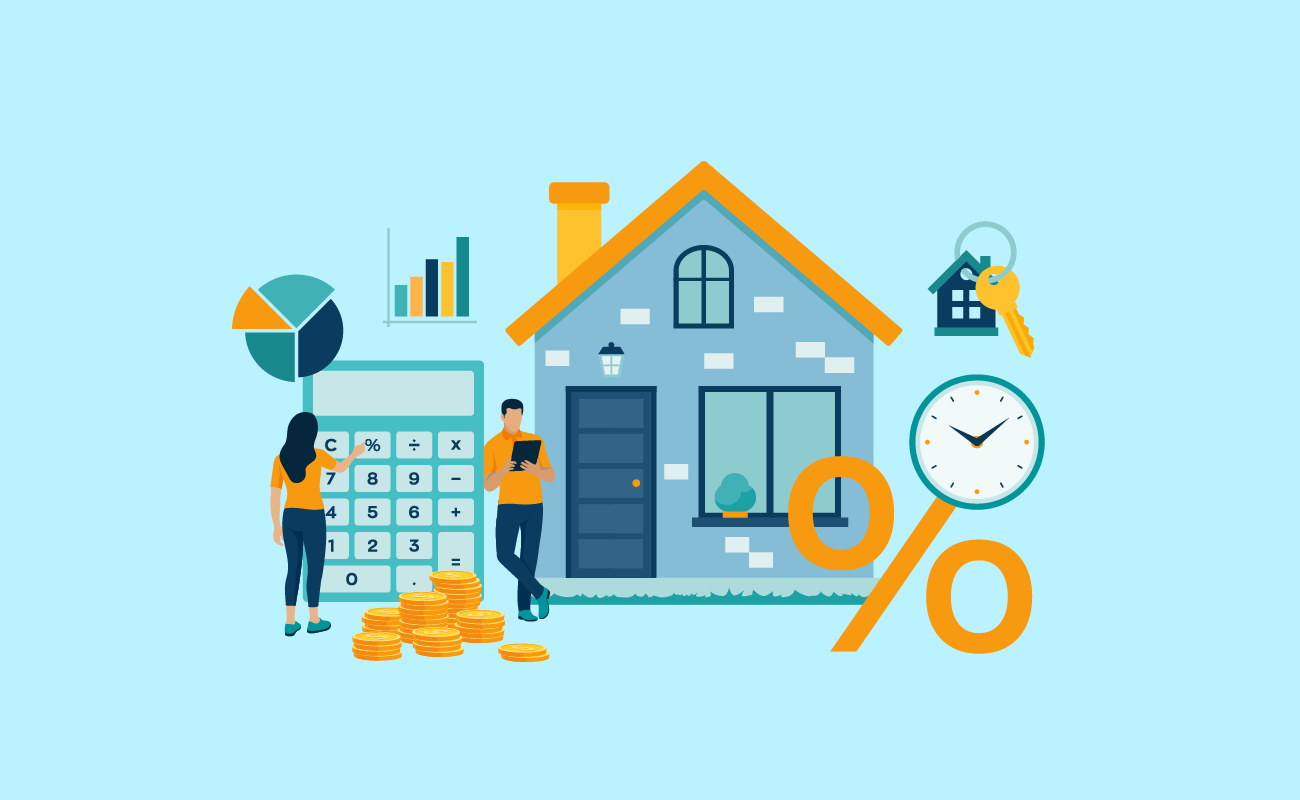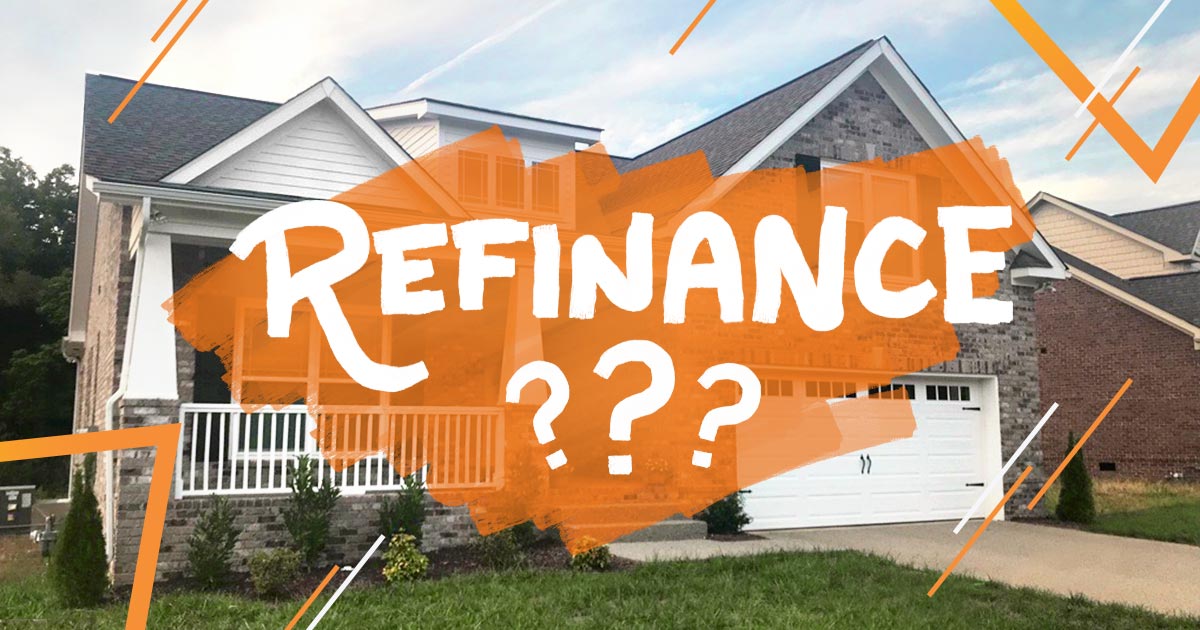Advertiser Disclosure Numerous or all of the products included here are from our partners who compensate us. This may influence which items we discuss and where and how the product appears on a page. However, this does not affect our examinations. Our opinions are our own. After retirement, without routine income, you may sometimes battle with financial resources.
A reverse mortgage is a mortgage that permits property owners 62 and older to withdraw a few of their house equity and transform it into money. You do not need to pay how to get out of a timeshare ownership taxes on the earnings or make month-to-month home loan payments. You can use reverse home mortgage profits nevertheless you like. They're often allocated for costs such as: Debt debt consolidation Living expenditures Home enhancements Helping kids with college Buying another house that might much better satisfy your needs as you age A reverse home mortgage is the reverse of a traditional home mortgage; instead of paying a loan provider a month-to-month payment every month, the lender pays you. You must attend counseling, a "consumer info session" with a HUD-approved counselor, before your HECM loan can be funded. This rule is planned to guarantee that you understand the expense and consequences of taking out this kind of loan. Therapists work for independent organizations. These courses are available at a low cost and often they're even free.

For most customers, this implies settling your staying home loan debt with part of your reverse home mortgage. This is simplest to attain if you have at least 50% equity or two in your house. You have a few choices, however the simplest is to take all the money at as soon as in a swelling amount. what the interest rate on mortgages today.
You can also pick to receive routine routine payments, such as once a month. These payments are described as "tenure payments" when they last for your whole lifetime, or "term third party stories for timeshare payments" when you receive them for simply a set period of time, such as ten years. It's possible to take out more equity than you and your lender expected if you select period payments and live an incredibly long life.
This enables you to draw funds just if and when you need them. The benefit of a line-of-credit approach is that you just pay interest on the money you've in fact obtained. You can also utilize a mix of payment options. For instance, you might take a small lump sum upfront and keep a credit line for later.
For instance, the home will go on the marketplace after your death, and your estate will get money when it offers. That money that must then be utilized to settle the loan. The full loan amount comes due, even if the loan balance is greater than the home's value, if your beneficiaries decide they wish to keep the house.
When Did 30 Year Mortgages Start - An Overview
Many reverse mortgages consist of a provision that doesn't enable the loan balance to exceed the value of the house's equity, although market variations might still lead to less equity than when you got the loan. It's possible that your estate might provide enough other possessions to enable your beneficiaries to settle the reverse home mortgage at your death by liquidating them, but they may otherwise not be able to get approved for a routine home mortgage to pay off the financial obligation and keep the household house.
You'll pay much of the same closing costs needed for a standard home purchase or refinance, but these charges can be higher. Charges lower the amount of equity left in your home, which leaves less for your estate or for you if you choose to sell the house and settle the home loan.
Costs are often financed, or built into your loan. You don't write a look for them at closing so you might not feel these costs, but you're still paying them regardless. You need to have your home assessed, including to your expenses. The lending institution will wish to make sure that your home in good shape prior to composing the loan.
A reverse home mortgage lets older house owners take advantage of their home's equity for a swelling amount payment, periodic payments, or in the form of a credit line. Reverse home loans do not have actually to be paid back until the homeowner dies or timeshare meetings vacates the house. Stays in care facilities for less than a year are alright.
Interest accrues over the life of the loan, so the amount necessary to settle the home loan will almost definitely be substantially more than the initial loan earnings - what are the best banks for mortgages.
A reverse home loan is a way for property owners ages 62 and older to utilize the equity in their house. With a reverse home mortgage, a house owner who owns their home outright or a minimum of has substantial equity to draw from can withdraw a portion of their equity without needing to repay it until they leave the house.
The Only Guide for What Are The Different Types Of Home Mortgages
Here's how reverse home loans work, and what homeowners considering one requirement to understand. A reverse home loan is a kind of loan that permits house owners ages 62 and older, typically who've settled their mortgage, to obtain part of their house's equity as tax-free earnings. Unlike a regular home mortgage in which the property owner makes payments to the lender, with a reverse home loan, the lending institution pays the homeowner (what is the current variable rate for mortgages).

One of the most popular kinds of reverse home mortgages is the House Equity Conversion Home Loan (HECM), which is backed by the federal government. In spite of the reverse home loan idea in practice, qualified house owners may not have the ability to borrow the entire worth of their home even if the home loan is settled.